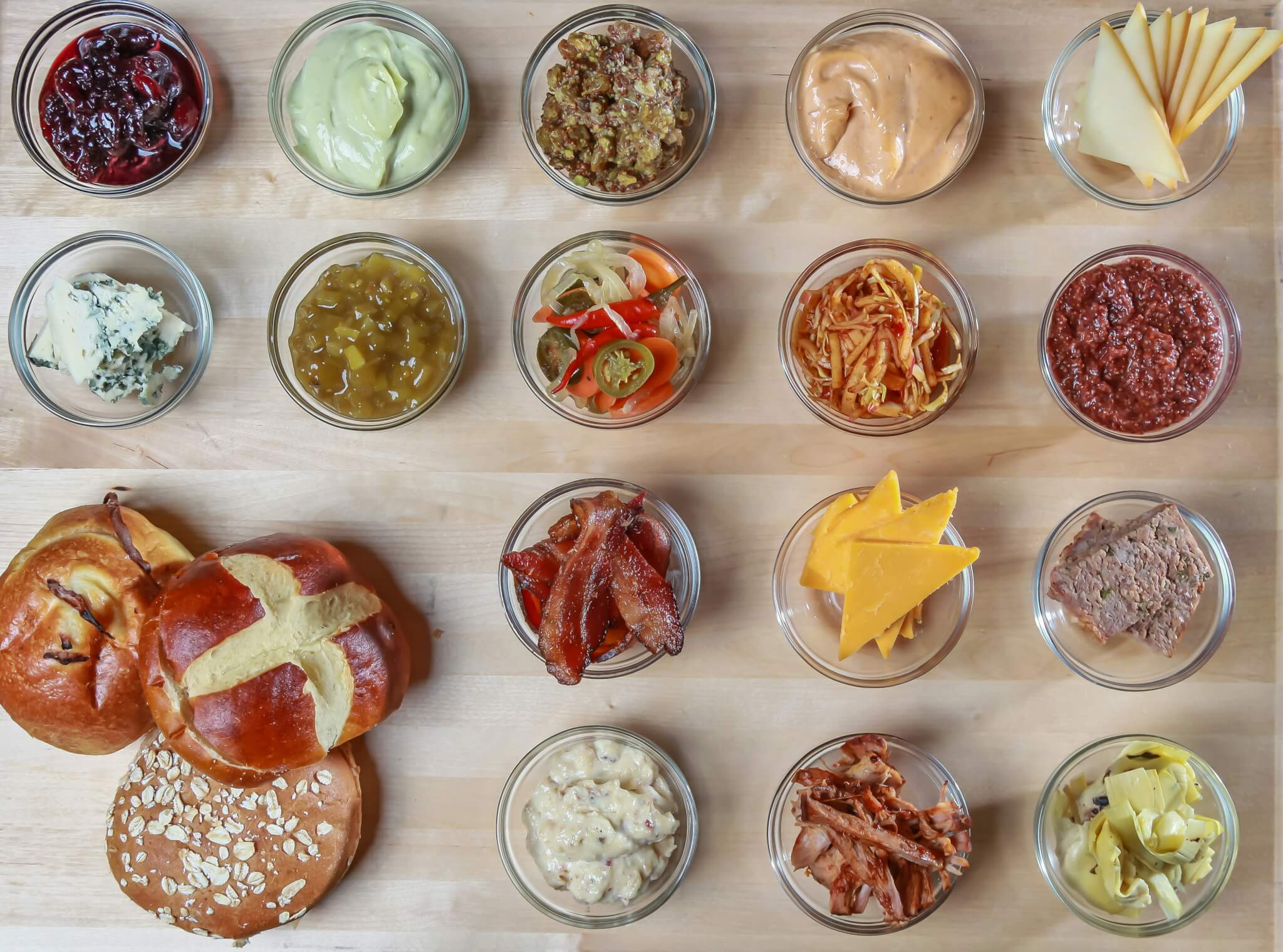Is olive oil good for cooking?

Because our last Facebook post on the benefits of olive oil has sparked a lot of controversy over its use for heat cooking, we decided to tackle this subject head-on in this article. As you might expect, this myth is FALSE, for the simple fact that it has no scientific basis.
Olive oil is one of the most stable cooking oils and unlike others, it contains compounds and antioxidants that prevent it from decomposing under moderate heat. It’s mostly composed of oleic acid (Omega-9), a monounsaturated fatty acid that is naturally resistant to oxidation.
Olive oil has been used all over the world for centuries as a versatile culinary oil, consumed as such or used as a medium for frying in the pan or in the oven. And let’s not forget that extra virgin olive oil is a staple of the Mediterranean diet. It is an extremely healthy oil and research has shown that it contains high levels of antioxidants (some unique to extra virgin olive oil) as well as the ability to increase the health impact of other ingredients cooked with it.
Most foods cooked in extra virgin olive oil will contain a higher proportion of monounsaturated fats than the original foods. In addition, the antioxidants in the oil will be transferred to the cooked food and fat-soluble vitamins and food components, such as glucosinolates (found in broccoli and kale) and carotenoids (found in carrots) will be better absorbed by the body when cooked in extra virgin olive oil (EVOO).
Of all the oils tested, EVOO was proven to produce the lowest level of harmful polar compounds, a particularity that was more pronounced in refined oils. Also, EVOO proved to be the most stable heating oil, followed closely by other virgin oils.
What are polar compounds? When the oil decomposes (for example, when exposed to heat), a variety of degradation by-products appear, called polar compounds, which can be detrimental to health and have been linked to the development of neurodegenerative disorders such as Alzheimer’s and Parkinson’s Disease. In industrial kitchens, the percentage of polar compounds found in cooking oils (after repeated use) is tested to determine when an oil is no longer safe for human consumption. International law in countries like France, Italy, Poland and Spain apply a limit of 25% when it comes to these polar compounds.
Extra virgin olive oil is very stable and resistant to decomposition and formation of polar compounds, for at least three important reasons:
- It is rich in monounsaturated fats (for example, oleic acid), unlike many refined oils, which have more polyunsaturated fats, which in turn are more prone to oxidation and therefore degrade faster.
- Rich in natural antioxidants that protect the oil when it is heated.
- It is produced naturally, only by mechanical means.
Refined oils are subjected to several processing treatments during production, such as high heat, bleaching and deodorization. This leaves refined oils with a high initial level of oxidative by-products and primes them to decompose more easily when heated.
The conclusion here is that the safety and use of extra virgin olive oil for cooking has been proven by many studies, all which agree that the extra virgin olive oil is suitable for frying, baking and for every other style of cooking.
Source: here.











